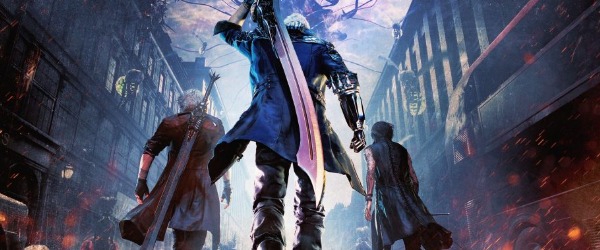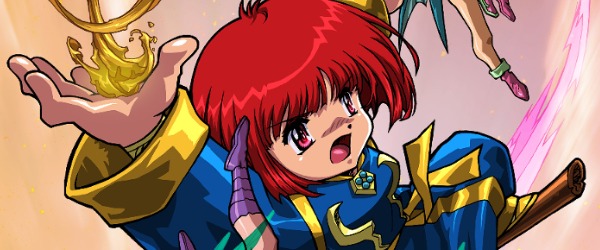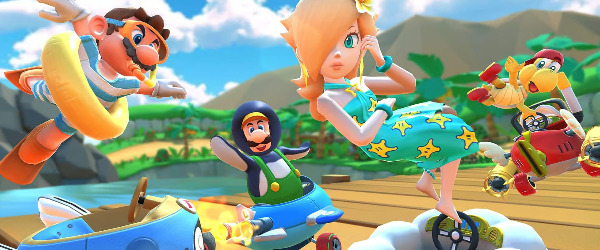
History of Final Fantasy: Hunting for Jobs (Final Fantasy III) - Article
by Taneli Palola , posted on 16 September 2016 / 11,021 ViewsFollowing yet another success with Final Fantasy II, Square wasted little time in commencing development of the series' next installment and once again the core team behind the first two games remained intact.
While Final Fantasy II had been an undeniable success, it hadn't sold quite as well as the first game. It had also received a significantly more mixed reception upon release. This prompted Sakaguchi to abandon many of the gameplay elements introduced in Final Fantasy II; instead he decided to revert back to gameplay aspects that were much closer in style to those found in first game. At the same time Final Fantasy III introduced many soon-to-be recurring elements in the series - features that have in many ways gone on to define Final Fantasy as a franchise.
Something Old, Something New: Final Fantasy III

Final Fantasy III was first released on the Famicom in Japan on April 27 1990. Just as with Final Fantasy II, it was never localized for western audiences in its original form. The game that western players eventually knew as Final Fantasy III was actually the sixth game in the main series. Square did originally have plans to bring the game west but it never materialized.
One of the main reasons for this was simply because of the generational shift that was occurring around the same time as the game launched. Nintendo was about to release its new 16-bit console, prompting Square to scrap any plans for a western release of Final Fantasy III as a result. In a later interview Hiromichi Tanaka, one of the game's designers, explained that the company simply didn't have the manpower to both catch up to the new level of technology this resulted in and localize the game in the west at the same time.
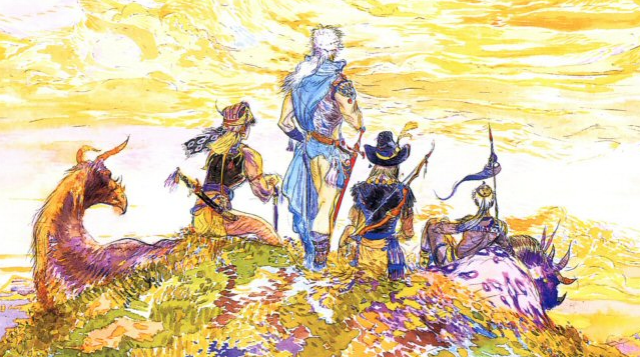
The story of Final Fantasy III is one of the aspects of the game that takes a lot of its basic ideas from the first game in the series, most notably with the presence of Crystals that protect the world from evil. As was already tradition within the series, the four main characters were youths whose destiny made them the Warriors of Light through contact with the Crystals. In general, the basic premise of the story was in many ways a more intricate and expanded version of the one found in the first game.
In other ways Final Fantasy III feels like a mix of the first two games. The development team took what they learned from those games, kept what worked, and then either improved or removed things that didn't. The gameplay, story, characters, and many other aspects feel like they feature elements from both of the previous games, and as a result FFIII feels much more balanced than the first two titles.
One of the more interesting things about the history of Final Fantasy III is the changes that were made to both the story and characters when it was remade in 2006. In the original the characters had no names or expanded back stories - their genders were never even specified originally. It wasn't until the remake that character stories and traits became more fleshed out.

Despite the numerous callbacks to the first game in the series, Hironobu Sakaguchi and the rest of the development team were clearly not interested in remaking the first title all over again. The most obvious example of this is the job system that was created for the third entry. Technically the very first iteration of the system was in the original Final Fantasy, where the player chose one of six available classes for each of the four main characters, however the job system that was created for Final Fantasy III was significantly more flexible, and would go on to influence numerous later games in the series.
What made the system such a success was that it allowed the player to switch between the different jobs at will once they had been unlocked. Using a job for a longer period of time also allowed the player to make progress with that job, improving that class's unique combat ability. For example, gaining levels for the thief job on a character allows that character to steal better items from enemies.
In addition to introducing the ability to switch a character's jobs mid-game, Final Fantasy III also gave the series some of its most enduring recurring elements, many of which have appeared in almost every single subsequent title. For example, the summoned monsters first appeared in this game, introducing such familiar names as Ifrit, Shiva, and Ramuh to the franchise. Another beloved series staple that debuted in FFIII were the Moogles.
In terms of gameplay, this is also the first game that eliminated the text-heavy battle screen found in the first two games, replacing it with a UI that depicts all the damage and status effects above the enemy and character sprites. Another new aspect of gameplay was the addition of the aforementioned unique abilities for each class. One should also expect to die a lot in the game, as it is genuinely difficult at times.
The soundtrack is once again excellent, providing the player with numerous memorable tunes to listen to while playing the game, even if none of the new tracks managed to become as iconic as the likes of The Prelude or the Chocobo Theme from the first two games. Still, this is definitely a high quality soundtrack from Uematsu, albeit one of his less well known within the series. Both the original Famicom music and the rearranged soundtrack in the remake are highly enjoyable and worth listening to.
The Best Part
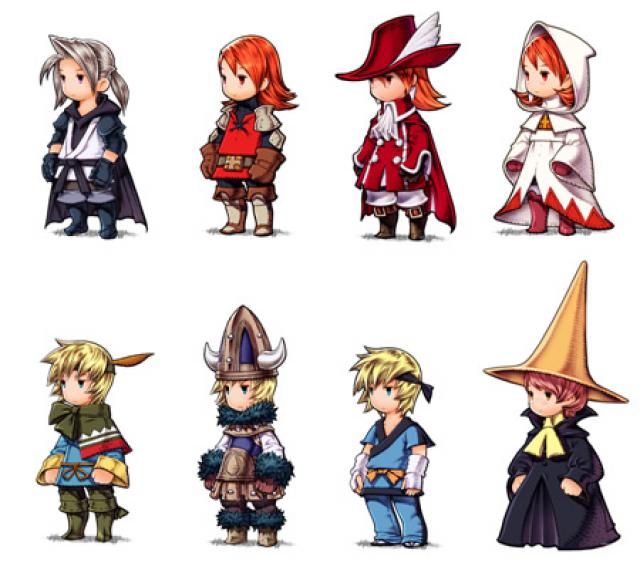
The job system. Even with its limitations, which are mostly a result of the game's age, the job system is an excellent addition to the series and is still quite a lot of fun to experiment with. It may not hold up quite as well as later iterations of the system, but especially for the time it was an exceptionally well designed and interesting game mechanic.
Of course, the music is once again excellent as well, and ranks easily among the better NES soundtracks, if not quite among the series' best. The rearranged soundtrack in the remake is also very good.
The Worst Part
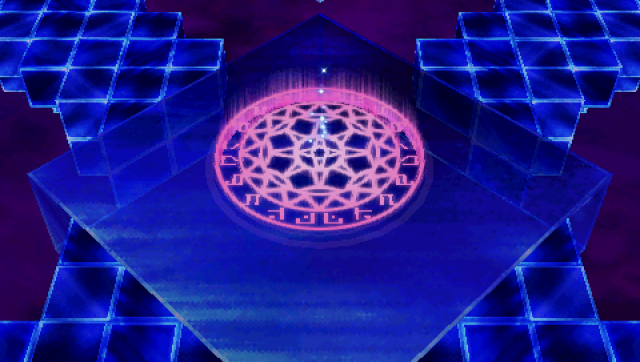
The final dungeon, and by a considerable margin. It's an absolute trainwreck of game design that has very few redeeming qualities to speak of. From beginning to end - including the optional area with some of the game's best equipment - the final dungeon contains 12 different bosses to fight. This wouldn't be so bad if the game had the option of saving within dungeons, but in Final Fantasy III the only place you can save is on the world map.
This one flaw makes the final area of the game an absolute pain to get through. Of course, you can exit the final dungeon to save the game, but this just makes the final stretch more frustrating as it basically forces the player to constantly backtrack outside just in case the game suddenly throws another boss at you... which it will... repeatedly.
This is made worse once you enter the very last part of the dungeon, where you basically pass the point of no return and are prevented from ever saving again. At that point you still have the final boss and four other difficult bosses to defeat. Technically, the four other bosses are optional, but leaving them alive makes the final boss ridiculously strong and almost impossible to defeat unless you're massively overleveled. This is, simply put, my least favourite dungeon in any Final Fantasy to-date. At least the music theme is good though.
Does Final Fantasy III Still Hold Up?
For the most part, yes. The job system has held up remarkably well with time, the music is memorable, and in general the game is the most polished of the three releases on 8-bit consoles. The team removed many of the more frustrating parts of the first two games, such as how your characters would miss their attacks if their target died before their turn (in Final Fantasy III they automatically change to the next available enemy, which is a huge improvement in user friendliness).
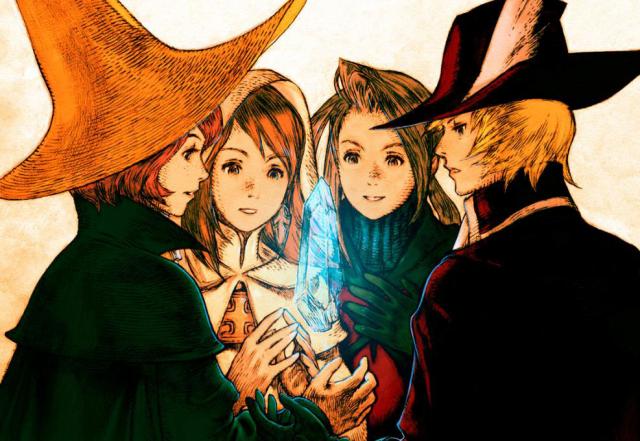
The remake actually retained most aspects from the original release as well. Obviously the visuals were given a huge overhaul, and the game was remade in 3D. In addition, the job system was given more depth in how the job levels affected their unique abilities, and perhaps most importantly, it added much more detailed back stories to the main characters. This helped make the story of the game much more interesting and personal.
Final Fantasy III's difficulty level is more a matter of personal preference. It is quickly made clear that it is a very old-school RPG, and there is going to be some grinding involved. Whether that's for you or not pretty much determines whether or not you'll enjoy it. That said, I never found there to be too much grinding, apart from towards the end of the game.
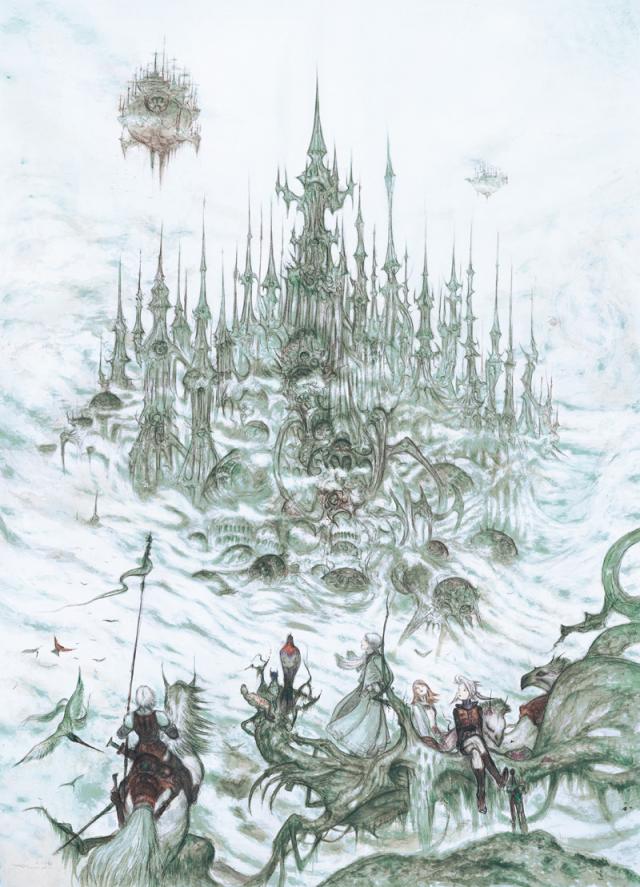
There are still certain things that drag the overall experience down, the most notable being the inability to save anywhere but on the world map. The lack of save points even in the remake is a bafflingly stupid design decision that makes certain parts of the game needlessly aggravating. The prime example of this is the final dungeon, which I already mentioned above. Up to that point this problem is mostly manageable, but that all changes once you get to the Crystal Tower. It's also strange that save points weren't added to the remake because they were added to the remakes of the first two games.
Finally, the story and characters, even in the remake, are quite shallow and thin by modern standards, but that is to be expected of a game that was originally released on the Famicom. So, despite some caveats, I can still highly recommend playing Final Fantasy III.

The DS remake and its various ports are probably the best ones to go with. Of the first three games in the series the third entry is the one currently most widely available, although I have heard that the PC version has some technical issues that can apparently make the game unplayable, although I personally did not encounter any. Still, if you want to play it safe go with either the DS or PSP versions.
Fun Fact
Out of all the games in the main series, Final Fantasy III took the longest to make its way to the west. Over 16 years went by between the game's original Japanese release and its western debut. Furthermore, the original, untouched version of the game has never been officially released in the west, although a couple of fan translations were created prior to the 3D remake.
Sources:
- Wikia
- Eurogamer
- Weekly Famitsu








